The Cultural House, located at 37 Macalester Street, has been a fixture on Macalester’s campus since the ’80s. Currently, the space is a residential option, as well as a home to events like “In the Kitchen With…,” Fresh Fridays, story circles and the Cultural House Poetry Slam.
According to Demetrius Colvin, the Assistant Director of the Lealtad-Suzuki Center, the space has had “multiple iterations.” The house originally began as a “central hub for students of color.” Although it was not an official “Cultural House” at that time, the space was used much as it is today; cultural organizations and students of color used the house for meetings and events. The Cultural House poetry slam also began at this time for students of color to express their identities in a safe place.
For a brief period in the 1990s, the house was repurposed as the Eco-house. In the early 2000s, though, the Department of Multicultural Life reclaimed the house with the explicit purpose of turning the space into the Cultural House, a place to host intentional programming related to multiculturalism and talking across difference and to preserve the original mission and history of the house.
Currently, the C-House houses 11 residents who all work or volunteer with the DML in some capacity. According to Colvin, each resident’s work connects them more strongly to the mission of the house. They discuss “how to make [the space] more inclusive, have difficult conversations talking across difference and learn and grow from one another even though everyone is different.” Colvin stresses the importance of informal conversation instead of facilitated dialogue because it allows residents to carry conversations from the Cultural House into other spaces on campus, like classes or their work with the DML.
Dagmara Franczak ’17 and Samia Habli ’16 are roommates in the Cultural House. Both decided to live there because they had previous experience with the DML. They wanted a space on campus to continue the conversations that they had been having in a small, close-knit community. Franczak volunteers with the Cultural House Staff and was in charge of Fresh Friday events about Ferguson and Charlie Hebdo. Habli is a Cultural House Program Assistant who works to promote conversation about social justice and multiculturalism issues through events that “encourage deeper conversations and personal sharing.”
According to Franczak, the kitchen is an important fixture in the Cultural House: “I love entering and studying there, just putting my books there, and people opening a laptop and laughing at a show. It feels like home.” Habli said, “I enjoy bringing my friends who don’t live in the C-House into a space where we cook and have great discussions. Food gatherings are a big part of my culture…They give people a reason to get together, check up on each other, and support one another.”
Additionally, Franczak and Habli both emphasized a love for the small community within the Cultural House. Along with gatherings in the kitchen, there are opportunities to engage and bond with other residents. Habli elaborated, “My favorite part about living in the C-House is definitely getting to live with my roommate, Daga. We barely knew each other last year, but we’ve grown really close to each other…Our conversations about social justice, culture, politics and feminism don’t end in our staff meetings or weekly house meetings, but it’s something we constantly talk about.”
The two women encourage people to think about visiting or living in the Cultural House. According to Franczak, “The C-House is definitely a place for people to have the conversations that Macalester says that we have. We have different events that give people the space to talk about ideas in a smaller group … there is a space on campus that you can stay in and know that there are people living there that are interested in these topics.”
Habli said, “I think the C-House is a great thing to have on campus because it provides both a safe space for people to talk about issues they care about, as well as a space to be vulnerable, challenged and maybe even uncomfortable in order to grow.”

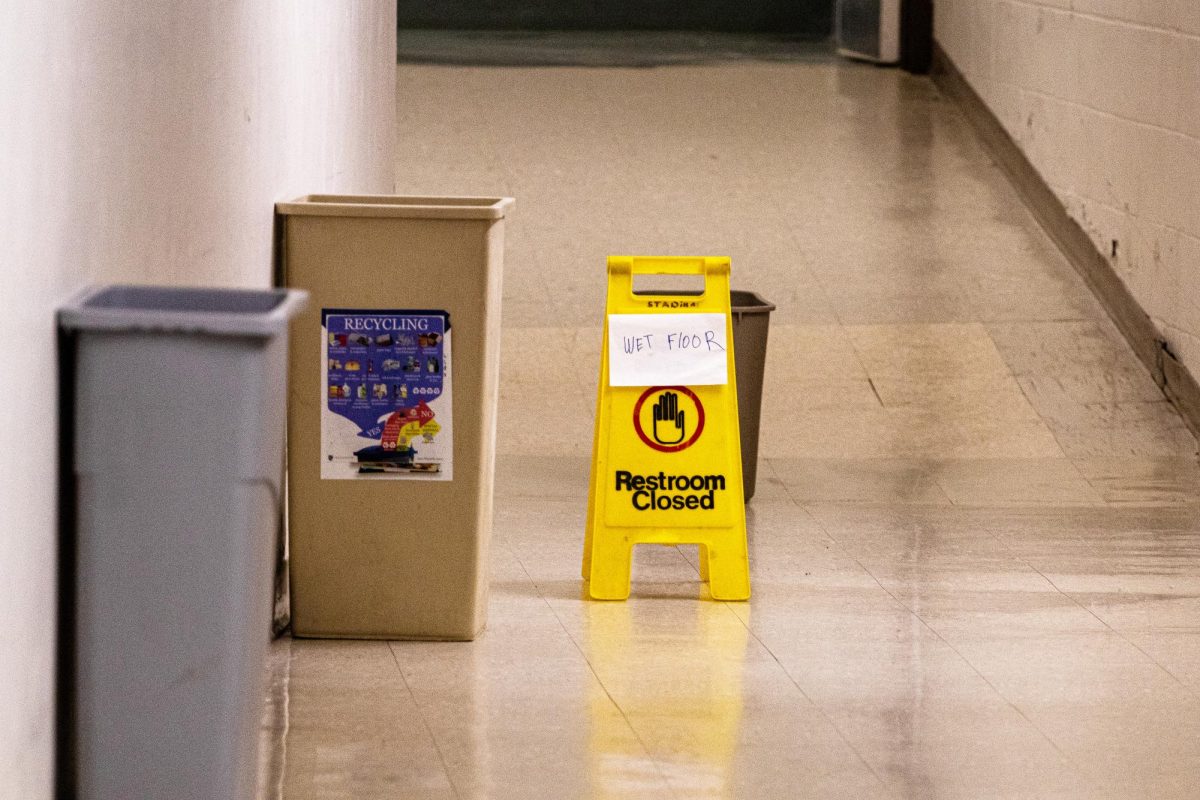
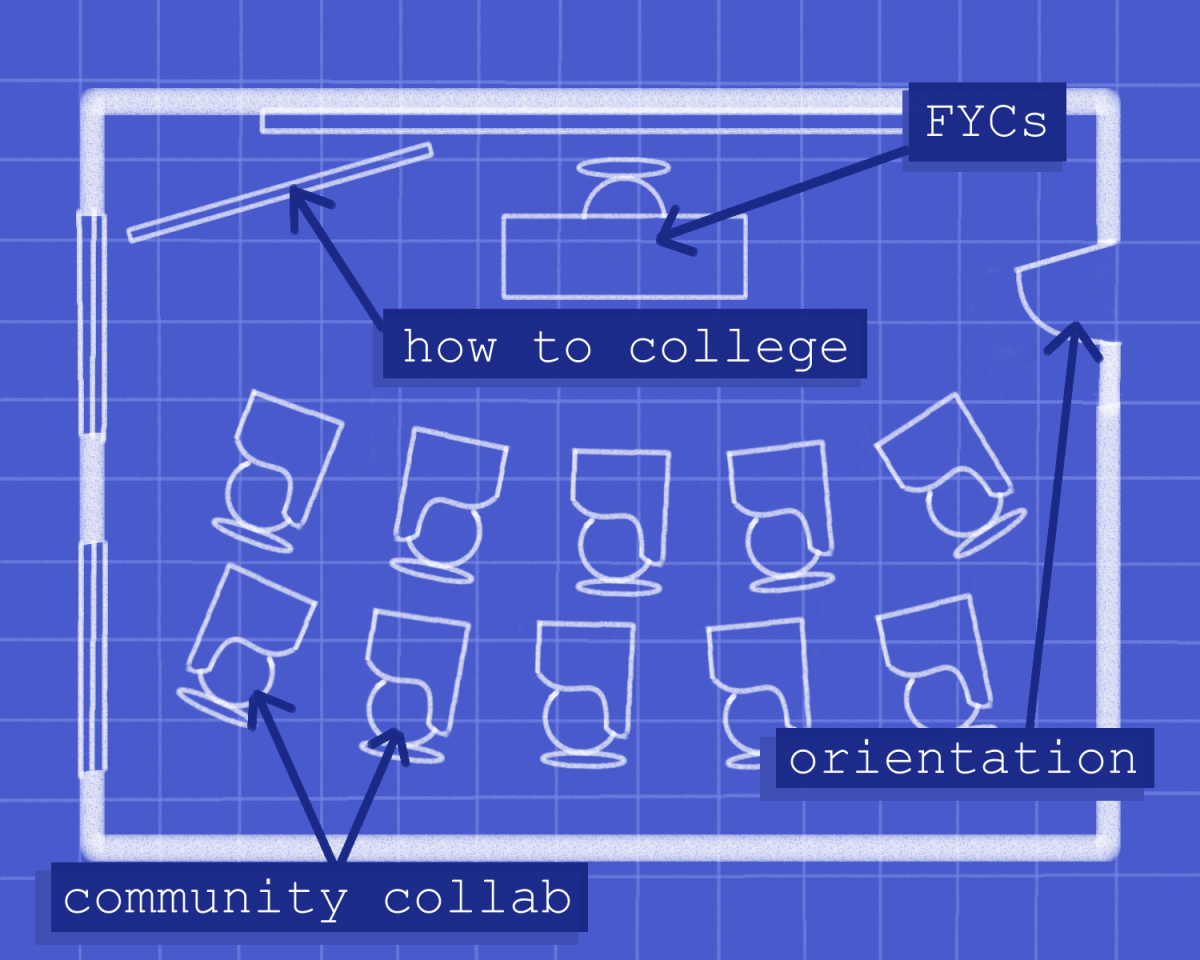
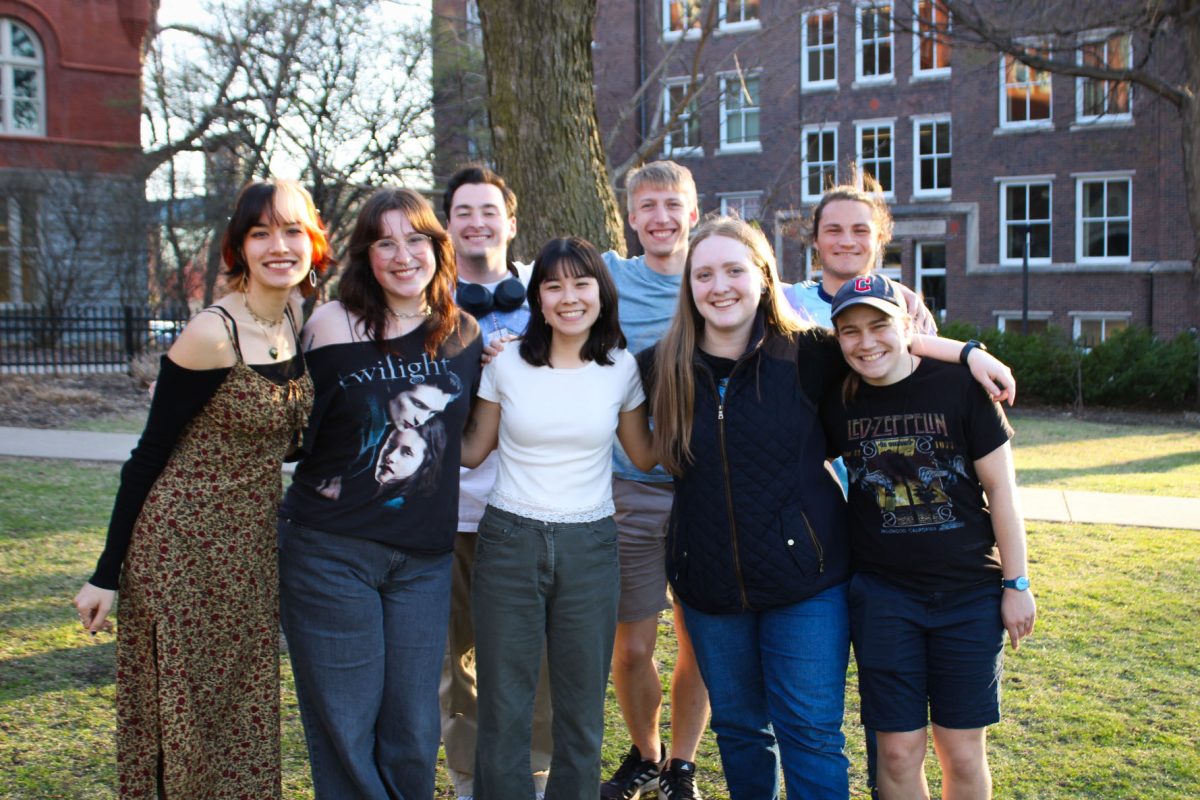
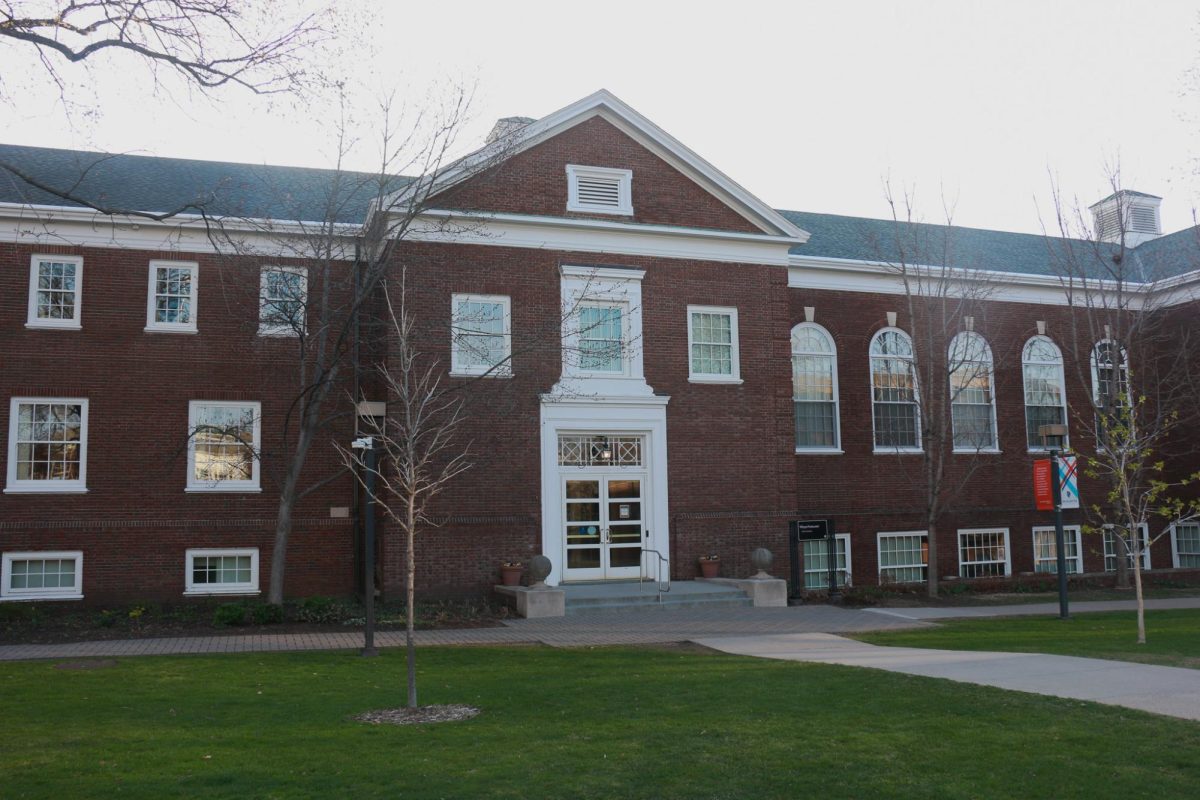

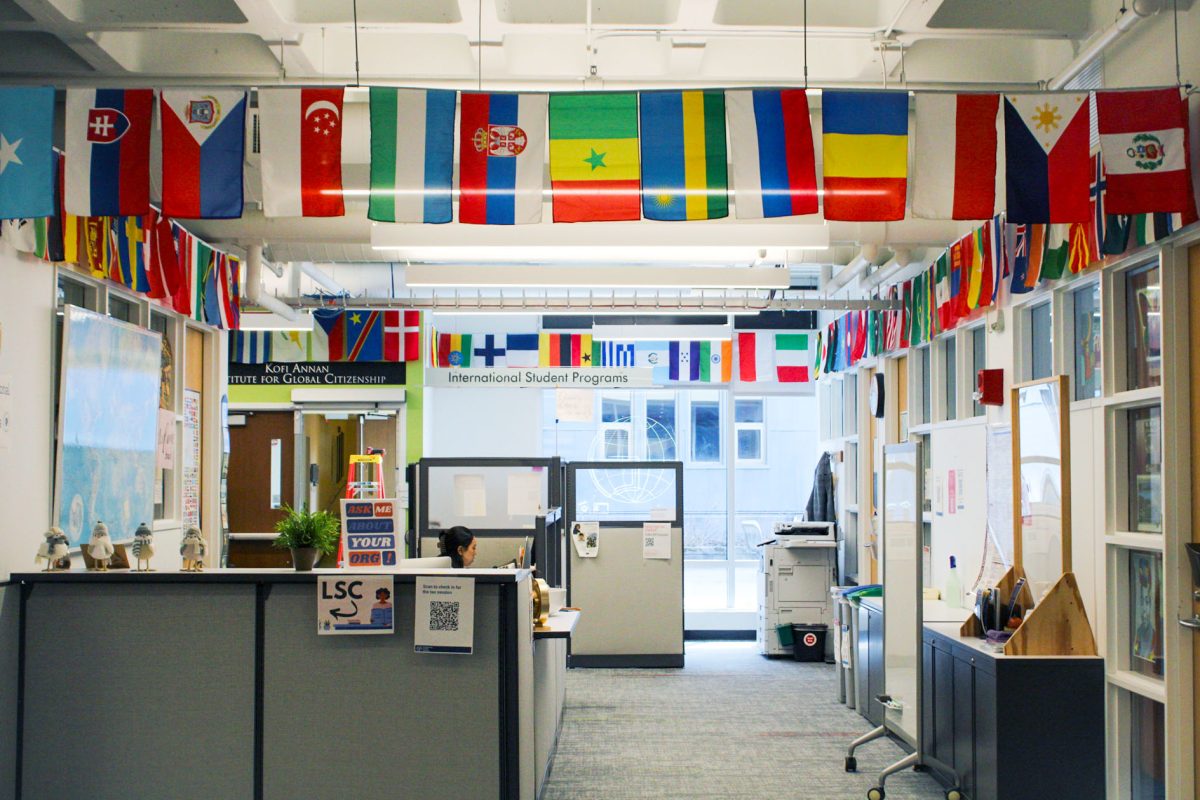
Angela Lawrence • Sep 11, 2019 at 11:42 pm
I have been exploring for a little for any high-quality articles or blog posts on this sort of area . Exploring in Yahoo I at last stumbled upon this site. Reading this information So i am happy to convey that I have a very good uncanny feeling I discovered exactly what I needed. I most certainly will make sure to do not forget this web site and give it a glance regularly.
Nathan Randall • Sep 10, 2019 at 5:14 pm
Hi there, its understandable paragraph along with this YouTube video; I canít think that one can not understand this easy post having with video demo.
Stephen Hamilton • Sep 8, 2019 at 7:19 am
I am very happy to read this. This is the type of manual that needs to be given and not the random misinformation that’s at the other blogs. Appreciate your sharing this best doc.